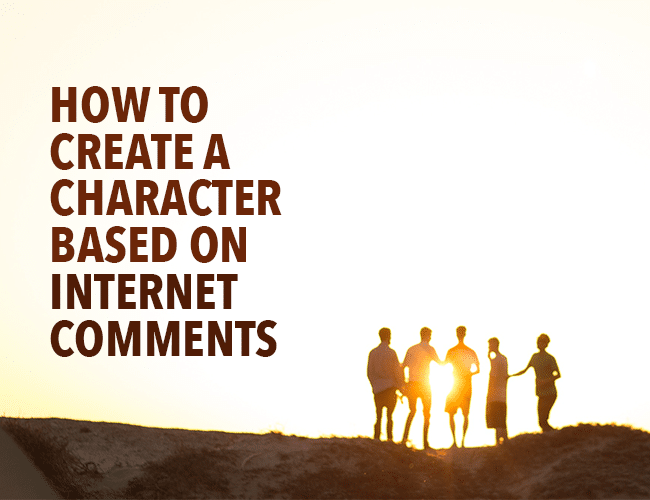
by Sue Weems |
Do you argue with strangers on the internet? (I plead the fifth). Even if you have enough self-control not to engage most arguments and comment sections, chances are high that you think through how you would argue with them if you weren’t fairly certain they are a troll in an alternate universe. Also if your mother wasn’t your friend on Facebook.
Are you leveraging those thoughts? Or just rehearsing them, allowing yourself to feel irritated and angry? Put that energy to good use for your writing. Your next character is hiding in the comments section of nearly any forum. Here’s how to find him or her.
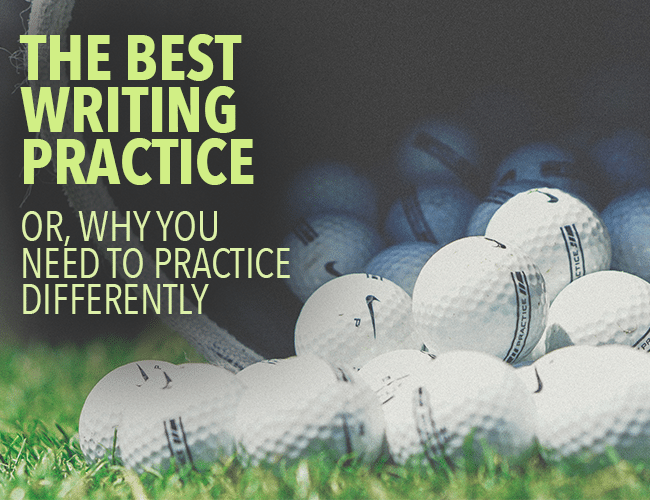
by Sue Weems |
Daily writing produces a kind of experience and writing practice that is irreplaceable. But what if I’m writing every day, but my writing is still falling short of where I want it to be? (I’m asking for a friend.)
Do I push away from my writing desk to get better? Do I need a university course? Should I pay an editor? Sacrifice my first born child or a kidney?
Write more! I tell myself. But writing more is not enough. (Insert exasperated sigh.) Isn’t it hard enough just to write? What else do I have to do?
Practice differently. This is the secret to becoming the writer you want to be as quickly as possible.
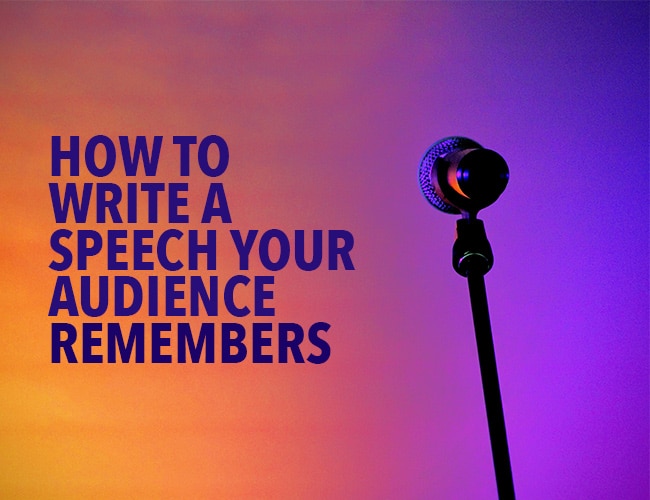
by Sue Weems |
I’ve had some additional duties this year that have required me to add speech writing to my list of skills. I didn’t realize how much it would improve my writing in general. Even if you run in fear of public speaking (you’re in good company—95% of adults say it’s their number one fear), try these techniques and see if speech writing helps your writing too!
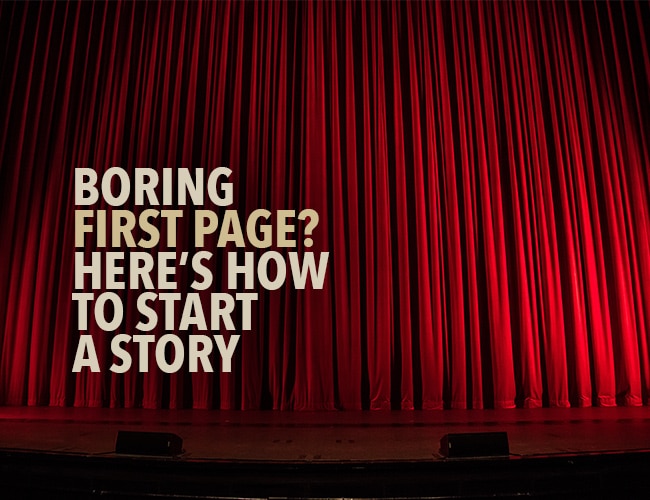
by Sue Weems |
Opening scenes are just hard. Figure out how to start a story right and you capture the reader, set the tone, and propel the story forward. Do it wrong, and you risk losing a reader. Here’s one opening to avoid: the empty stage setting.
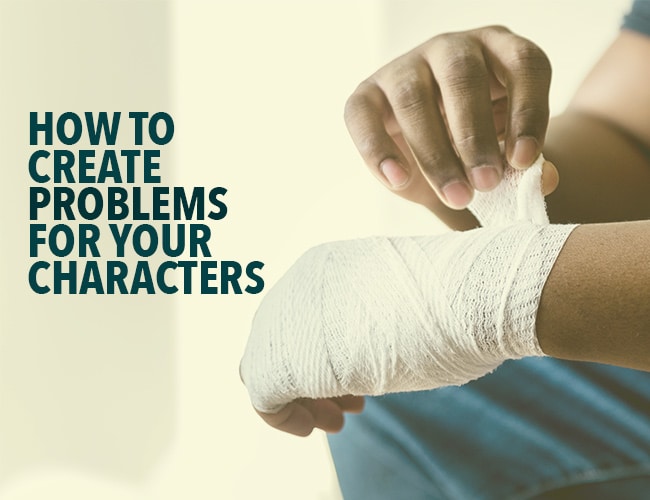
by Sue Weems |
Most of us try to avoid hard things. We have traffic apps to help us steer clear of wrecks and construction on the roadway. We espouse slogans like “work smarter, not harder.” We love hacks, apps, and tips to make most anything easier or more comfortable.
But what if the hard thing is the best way to become the people we want to be? What if we’re avoiding the very thing that holds the key to our growth?
Sometimes as writers, we let our characters settle for the easy life. What is the default state for your main character? Where is he most comfortable? You’ve got to get the character out of that state as quickly as possible.




